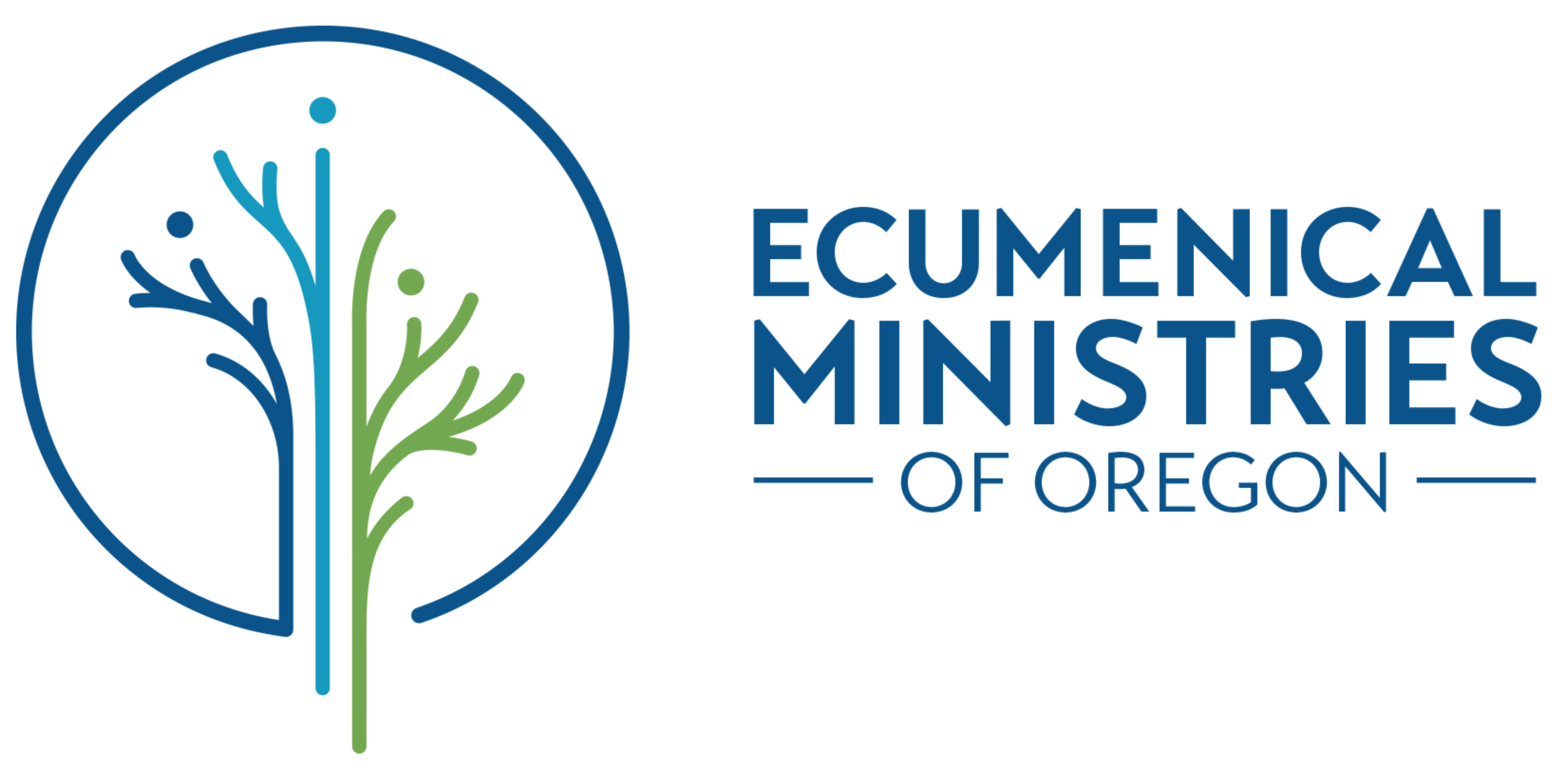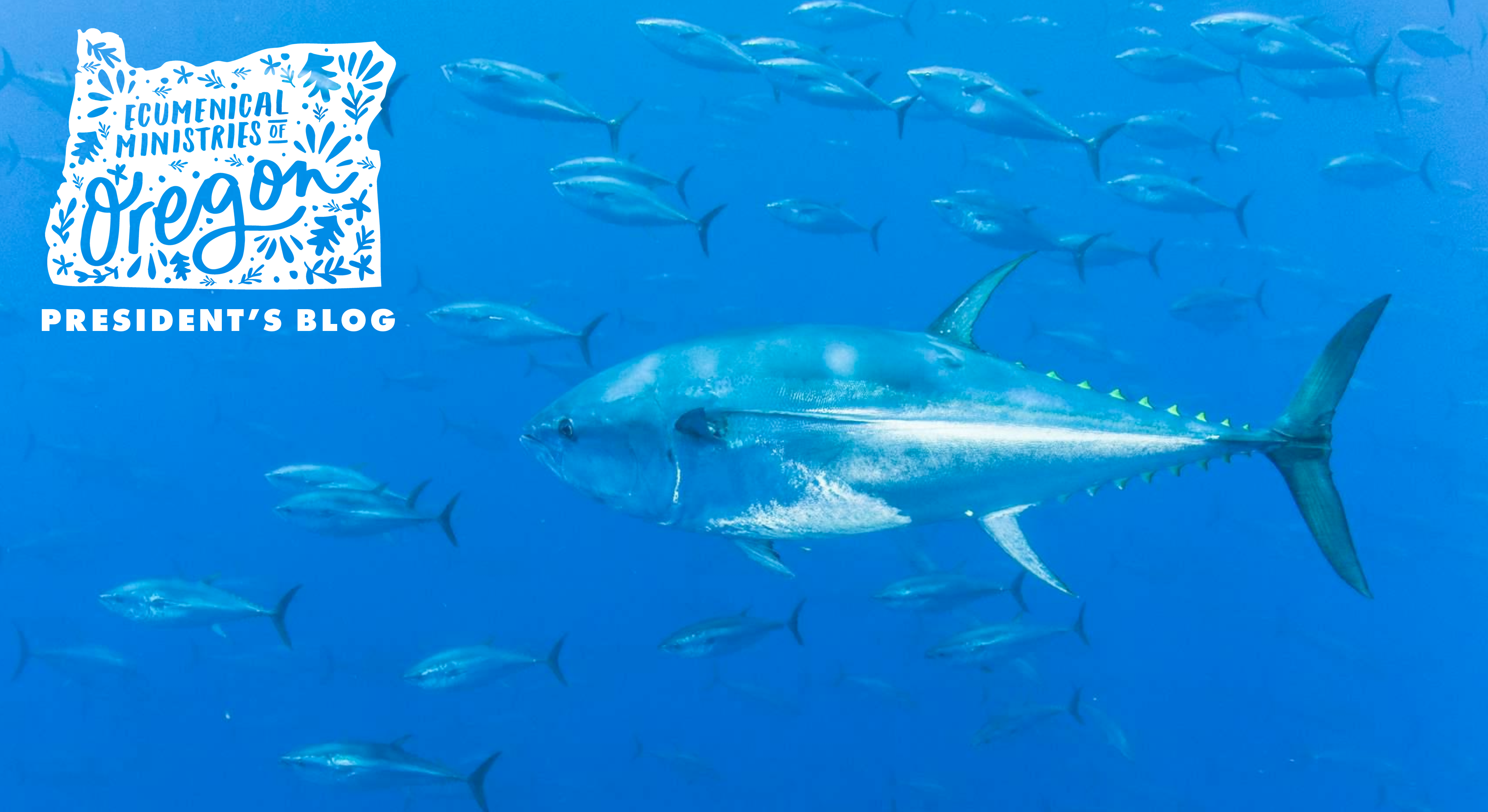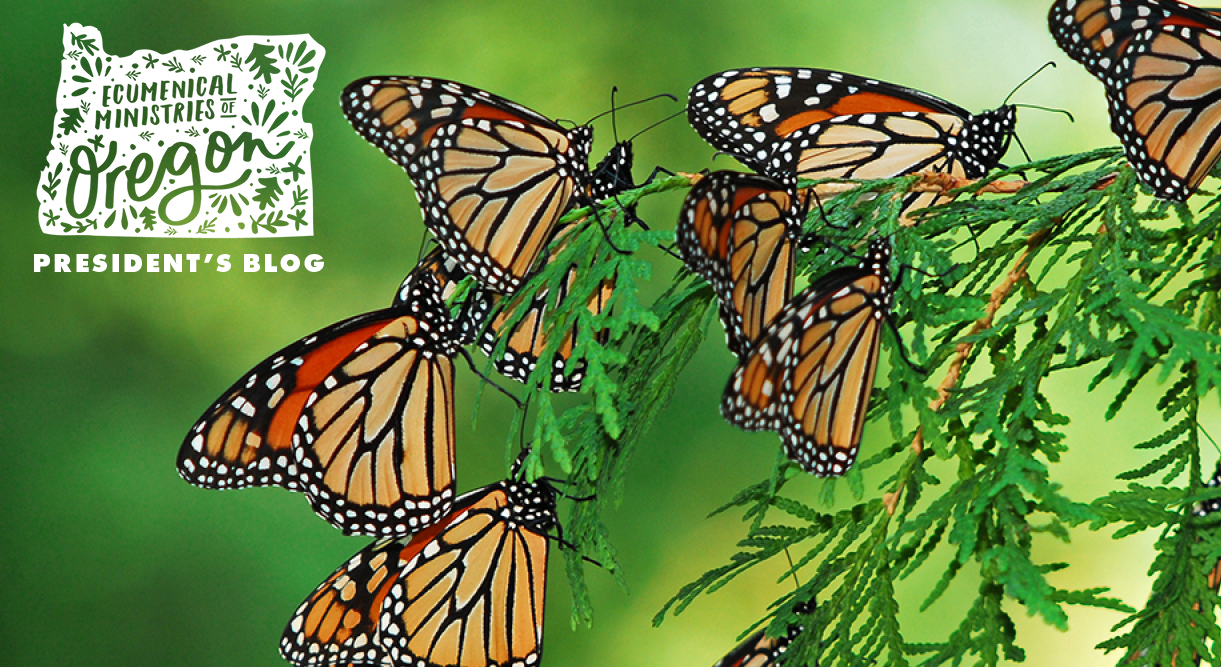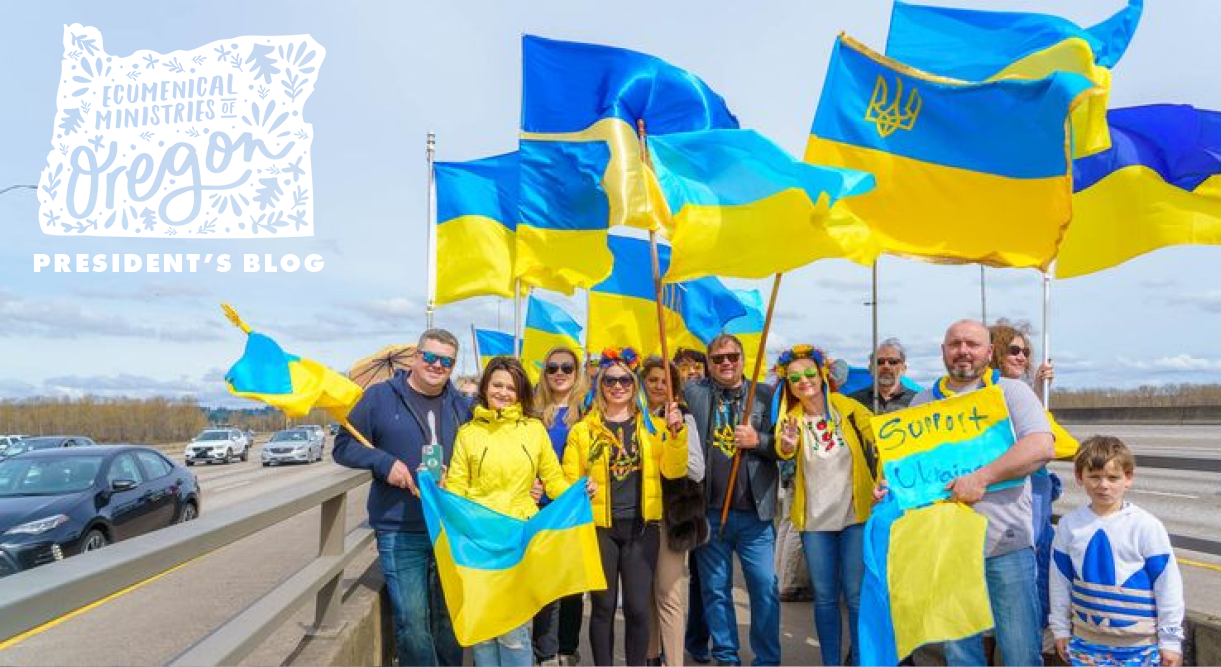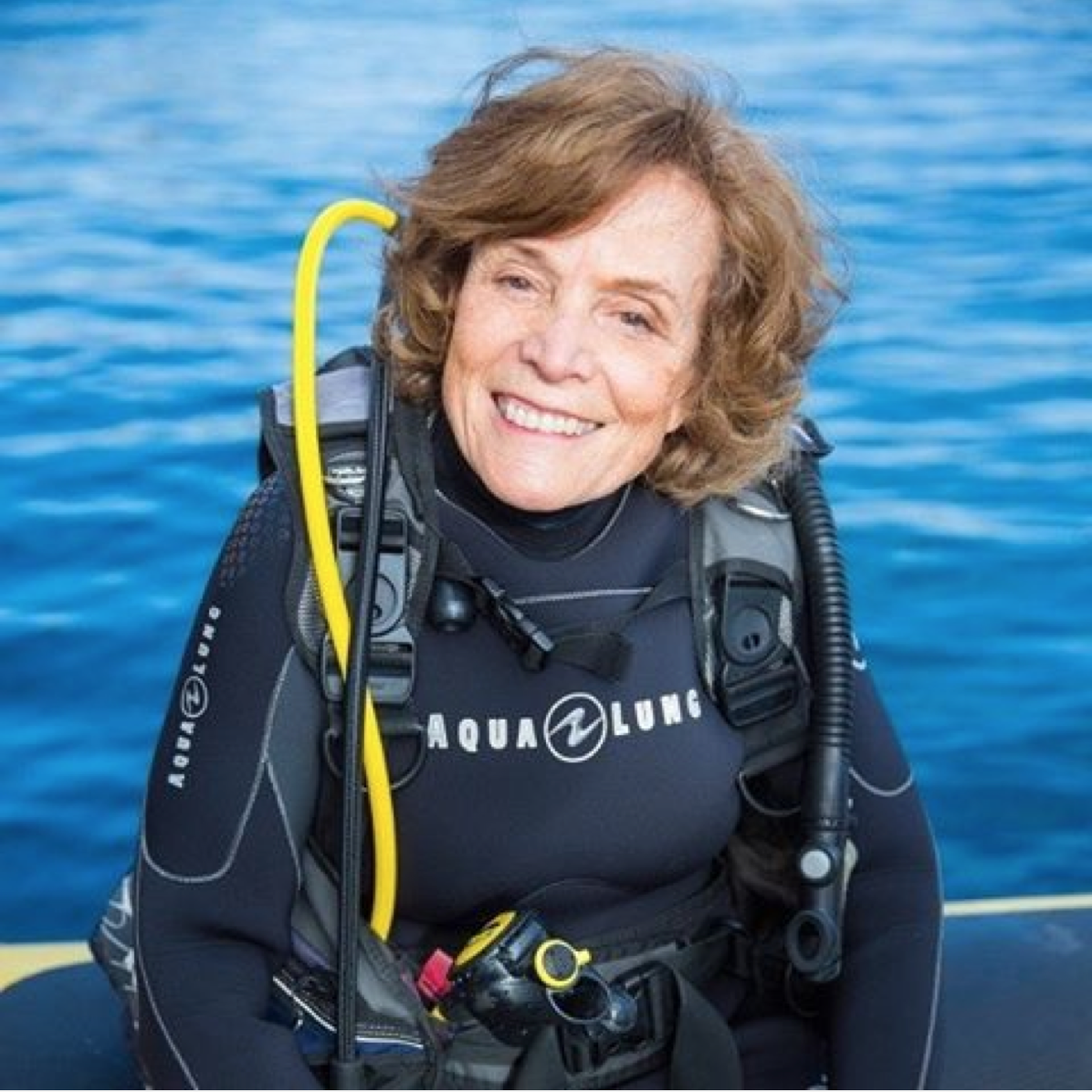 When Oceans Collide
When Oceans Collide
“You have to love it before you can save it,” says Dr. Sylvia Earle, marine biologist, oceanographer, and former chief scientist of the National Oceanic and Atmospheric Administration. She is drawn to “the place where the history of life can actually be found, not in fossils but in living creatures that represent life as it has been, perhaps, from the beginning of time.”
Earle’s TED Prize wish, that we join her in protecting the vital blue heart of our planet, inspired the founding of Ocean Elders. This independent group of global leaders works to protect the ocean’s wildlife and preserve its ecosystems and species biodiversity.
This vital work has long been at the heart of the ethos of Indigenous people here in the Pacific Northwest and around the world. Two recent events highlight two communities separated by oceans but united by generations of cultural efforts to sustain salmon and tuna.
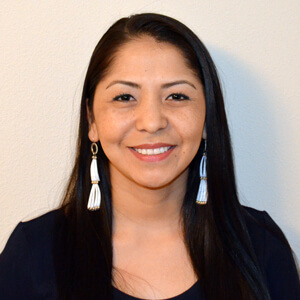 Aja K. DeCoteau (Yakama) is the new executive director of the Columbia River Inter-Tribal Fish Commission (CRITFC)—the first woman to lead the organization and to carry on the tribal vision of putting fish back in the rivers, which CRITFC has focused on for nearly 50 years.
Aja K. DeCoteau (Yakama) is the new executive director of the Columbia River Inter-Tribal Fish Commission (CRITFC)—the first woman to lead the organization and to carry on the tribal vision of putting fish back in the rivers, which CRITFC has focused on for nearly 50 years.
For 12 years, she was the manager of CRITFC’s Watershed Department, leading a team for Wy-Kan-Ush-Mi Wa-Kish-Wit (spirit of the salmon)—the tribes’ salmon restoration plan and watershed protection, and the organization’s climate change research and response.“
Since I was a child, my family, elders and tribal leaders have taught me the significance of salmon as one of our First Foods and the importance of tribal treaty fishing rights,” said DeCoteau.
“As tribal people, our natural resources are our cultural resources, which is why I have dedicated my career to protect them. I am honored and excited to lead CRITFC and work together with our member tribes to bridge traditional knowledge, scientific expertise, and cultural connection to ensure that we have salmon and other natural resources for generations to come.”
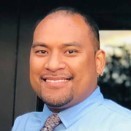 Literally oceans away, Consul General Joe-Silem Enlet for the Federated States of Micronesia is among world leaders at the COP26 United Nations Climate Summit in Glasgow, Scotland (Oct. 31 – Nov. 12), aiming to preserve life on earth.
Literally oceans away, Consul General Joe-Silem Enlet for the Federated States of Micronesia is among world leaders at the COP26 United Nations Climate Summit in Glasgow, Scotland (Oct. 31 – Nov. 12), aiming to preserve life on earth.
Based in Portland and responsible for Micronesian communities in eight western U.S. states, he is also a local pastor of the Chuuk Logos Community Church in Vancouver, Wash.Enlet’s good news is that eight Pacific Island states are saving the world’s tuna (read his article). They’ve tended to the richest skipjack tuna waters on the planet but for years saw the ecology and even economies diminish. As a result, they coalesced as the Parties to the Nauru Agreement (PNA)—a global model for how culturally disparate and isolated small countries can claim their agency and limit foreign fleets from the United States, China and the European Union.
As we gather around our meals this month, may we reflect on ways we can be more mindful and proactive in the care and restoration of creation by all who inhabit this earth.
Blessings, The Rev. Andrea R. Cano (she, her, ella)
The Rev. Andrea R. Cano (she, her, ella)
Interim President
